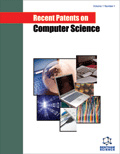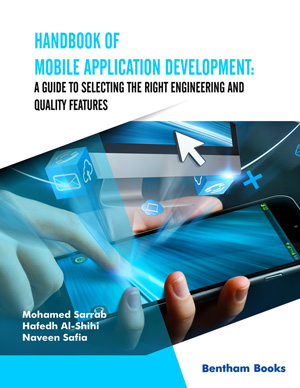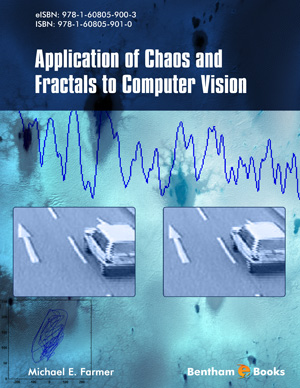Abstract
In the biomedical research areas of whole genome sequence (WGS) analysis,
disease diagnosis, and medication discovery, Next Generation Sequencing (NGS) data
are the most recent and popular trend. The use of NGS data has improved the analysis
of infectious diseases, WGS, illness identification, and medication discovery. Although
the amount of NGS data is massive, researchers have worked and are continuously
working to improve its quality and precision. Modern computational techniques
increase the biological value of NGS data processing, making it more accessible to
biomedical researchers. Although the complexity of NGS and the required
computational power to analyse the data pose a significant threat to researchers, the
introduction of various branches of Artificial Intelligence (AI) such as Machine
Learning (ML) and Deep Learning (DL) has given analysis, prediction, and diagnosis a
new direction. Deep Learning's potential has been demonstrated in a variety of fields,
including biomedical research, where it has outperformed traditional methods. The
development of deep learning algorithms aids in the analysis of complicated datasets
such as NGS by giving a variety of advanced computational methodologies. Different
DL approaches are designed to manage enormous datasets and multiple jobs, and the
genetic research business could be the next industry to benefit from DL. This paper
discusses a variety of DL methods and tools for analysing NGS data in the fields of
contagious diseases, WGS analysis, disease diagnosis, and drug design.






















